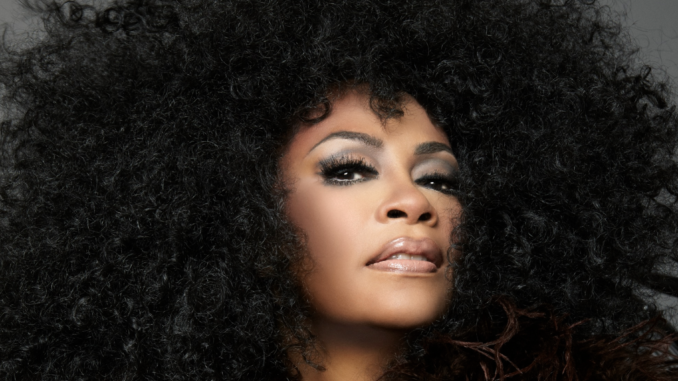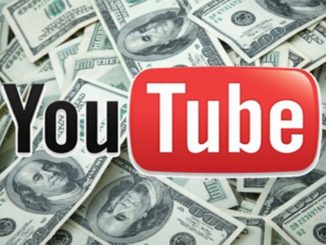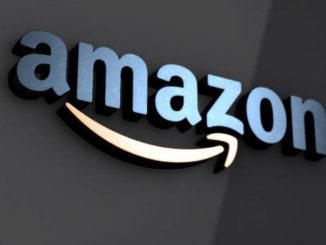
As the 2020 Presidential elections approach us, a conversation is brewing among American citizens on whether they should withhold their votes this time around.
There’s reasonable cause, too. Donald Trump and Joe Biden, the two candidates up for the presidential bid, don’t seem to be the best options for the logical thinkers that still thrive. From sexual assault accusations to questionable political track records, Trump and Biden have caused many people to be disenchanted with politics; thus, the decision to not vote.
But, throwing your vote away and passively waiting for change is not an effective solution to the issues at hand. Consider instead, voting and putting your money where your mouth is.
In a debate about whether black people’s votes matter, no matter what side your on, one thing that remains unanimous is that the “black dollar” matters.
“Our research shows that black consumer choices have a ‘cool factor’ that has created a halo effect, influencing not just consumers of color but the mainstream as well,” said Cheryl Grace, SVP of U.S. Strategic Community Alliances and Consumer Engagement, Nielsen. “These figures show that investment by multinational conglomerates in R&D to develop products and marketing that appeal to diverse consumers is, indeed, paying off handsomely.”
The consumer power of black people is most seen in the ethnic hair and beauty aid category with black people spending about $54.4 million of the total $63.5 million that goes to this industry every year.
“Black consumer spending already significantly affects the bottom line in many categories and industries, and brands can’t afford to lose favor or traction with this segment without potential negative impact,” the Nielsen report states. “African Americans are more likely than non-Hispanic white peers to interact with brands on social media or to use social networks to support companies and brands (44% more likely).”
Here are some other stats by the Selig Center for Economic Growth that present an idea of the potential influence of the black consumer:
-Black buying power is expected to increase from $1.3 trillion to $1.54 trillion in 2022.
-Black people are the second-youngest racial or ethnic group of Americans, having a mean age of 34.
-Black people make up 19 million of Twitter’s 67 million users.
-73% of African Americans are gamers.
In other words, black people have power and it’s in the money. The inevitable logic is that if black people want to use that power to persuade the ranks of politics, law and society, they will have to do so by flexing their consumer impact.
The bigger sacrifice is at the workplace, however. When people of color realize that they, too, have the power to impact the bottomline as employees from within by walking away from compromising offers, being the change they wish to see or making companies pay for their mistakes via lawsuits, then the influence will be multi-dimensional.
It’s as simple as if you don’t like something about the way a business is ran, don’t spend your money or your sweat equity there. If a company’s mission and goals are detrimental to your community, don’t promote them on your platforms or to your community, but instead show your support for “minority-owned” businesses that make your community better.



